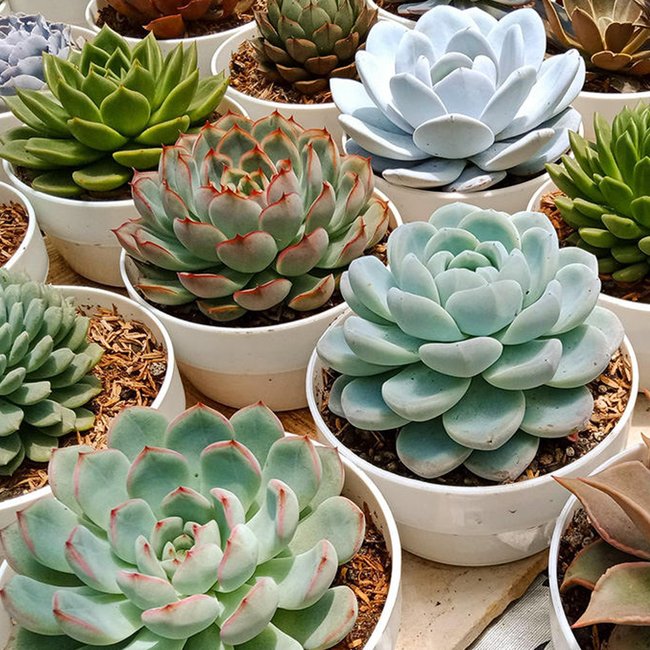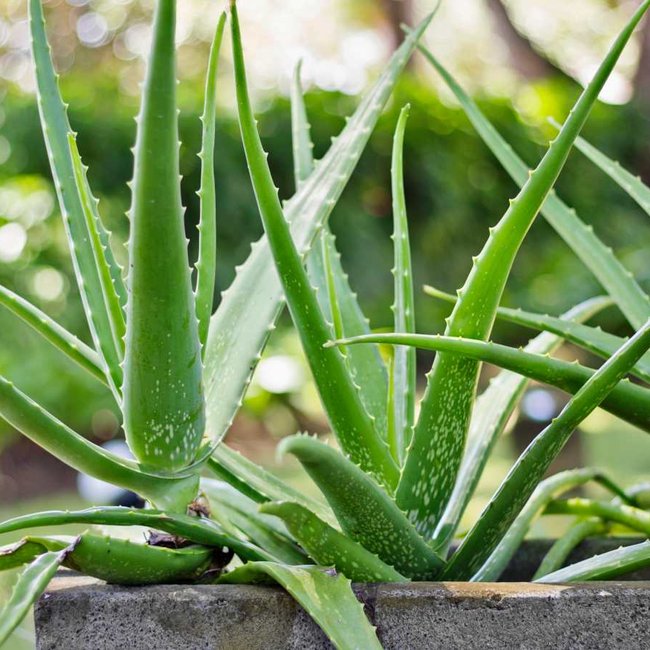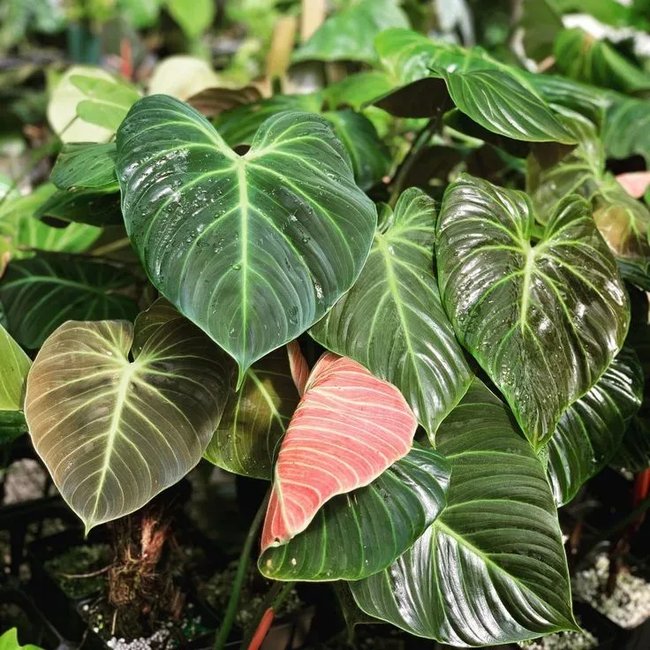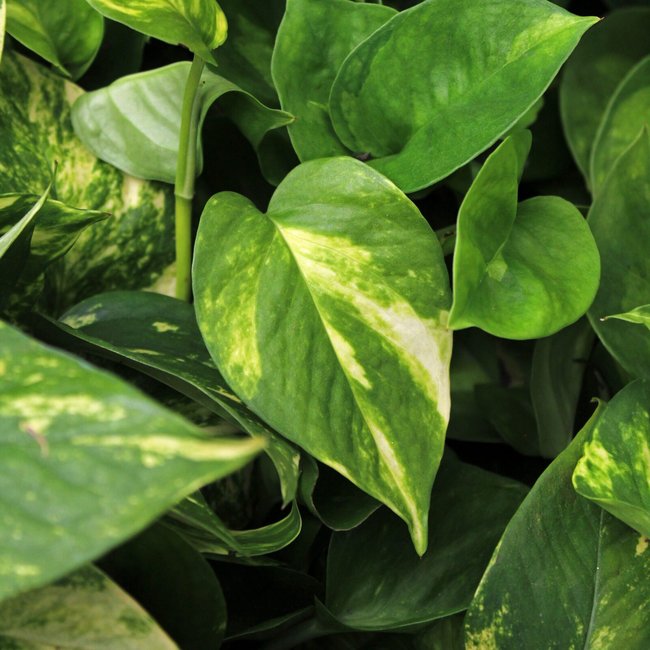Bamboo
Bamboo is a type of grass that is found in various parts of the world. It is a fast-growing plant and is used for a variety of purposes.
Classification and Taxonomy
Bamboo belongs to the Poaceae family and is classified as a monocotyledonous flowering plant.
Description and Characteristics
Bamboo is a perennial evergreen plant with woody stems. It can grow to a height of up to 30 meters. Its leaves are long and thin, and its stems are hollow.
Distribution and Habitat
Bamboo is found in tropical and subtropical regions, as well as in temperate climates. It is most commonly found in moist and shady areas, such as near rivers and streams.
Ecology and Reproduction
Bamboo is an autotrophic plant, meaning it produces its own food through photosynthesis. It reproduces via rhizomes, which are underground stems that produce new shoots.
Uses and Economic Importance
Bamboo has many uses, including construction, furniture, paper, fuel, and food. It is also used in traditional medicine and for religious ceremonies.
Conservation Status
Bamboo is not threatened, and its conservation status is listed as Least Concern.
-
What is bamboo?
Bamboo is a type of grass that belongs to the family Poaceae. It is one of the fastest-growing plants in the world, and some species can grow up to 91 cm (35 inches) per day. Bamboo is known for its tall, slender stems that are hollow and jointed, with leaves that are long and narrow. It is used for a wide range of purposes, including construction, furniture, paper, and food.
-
What are the benefits of bamboo?
Bamboo has many benefits, including its fast growth rate, which makes it a sustainable and renewable resource. It is also very strong and durable, making it an ideal material for construction and furniture. Bamboo is resistant to pests and diseases, and it does not require pesticides or fertilizers to grow. Additionally, bamboo is a natural air purifier, absorbing carbon dioxide and releasing oxygen into the atmosphere.
-
How is bamboo used in construction?
Bamboo is a versatile material that has been used in construction for centuries. It is used to make everything from scaffolding and bridges to flooring and walls. Bamboo is very strong and durable, and it has a high tensile strength, which makes it ideal for use in earthquake-prone areas. Bamboo is also lightweight, making it easy to transport and handle on construction sites.
-
Can bamboo be used for food?
Yes, bamboo is used for food in many cultures around the world. The shoots of the bamboo plant are edible and are used in a variety of dishes, including stir-fries, soups, and salads. Bamboo shoots are low in calories and high in fiber, making them a healthy addition to any diet.
-
How do you take care of bamboo plants?
Bamboo plants are relatively easy to care for. They require regular watering, especially during dry spells, and should be fertilized once a year with a slow-release fertilizer. Bamboo should be pruned regularly to remove dead or damaged stems, and to keep the plant from becoming too dense. Bamboo plants should be planted in well-draining soil and should be protected from excessive wind and direct sunlight.
-
Is bamboo an invasive species?
Some species of bamboo can be invasive, which means they can spread quickly and take over an area, crowding out other plants. It is important to choose the right species of bamboo for your area and to plant it in a controlled manner. Clumping bamboo is a non-invasive species that grows in clumps, while running bamboo is more invasive and can spread quickly through underground rhizomes. It is important to contain running bamboo with a barrier or to regularly prune the roots to prevent it from spreading uncontrollably.
-
Can bamboo be used to make paper?
Yes, bamboo is a popular material for making paper. Bamboo fibers are strong and durable, which makes them ideal for use in paper products. Bamboo paper is also environmentally friendly, as it can be made without the use of harmful chemicals or bleaches. Additionally, bamboo paper is biodegradable and can be recycled. Many companies are now using bamboo paper in their products as a sustainable alternative to traditional paper made from trees.
10 Fun Facts About
1. Bamboo is the fastest growing plant on Earth, growing up to 1 meter per day. 2. Bamboo is one of the most sustainable plants, as it does not require the use of fertilizers or pesticides. 3. Bamboo can survive in a variety of climates, from tropical to temperate. 4. Bamboo is a food source for many animals, such as pandas, monkeys, and birds. 5. Bamboo is used to make a variety of products, including furniture, flooring, and musical instruments. 6. Bamboo can be used to make paper that is more durable than paper made from trees. 7. Bamboo has been used for thousands of years in traditional Chinese medicine. 8. Bamboo can be used to make charcoal, which is a renewable source of energy. 9. Bamboo is often used to create privacy screens and decorative elements in gardens. 10. Bamboo is a symbol of luck and prosperity in many cultures.
Pun
"Bamboo-zled" by how useful it is!
Similar To
Sugar Cane, Elephant Grass, Reed, Switchgrass Keywords: Grass, Poaceae, Monocotyledonous, Evergreen, Rhizomes, Construction, Furniture, Paper, Fuel, Food, Traditional Medicine, Religious Ceremonies, Sustainable, Charcoal, Privacy Screens, Decorative, Luck, Prosperity.








